Whether you’re planning a trip to explore Bulgaria’s charming old towns, attend a business meeting, study abroad, or reunite with family, getting the right visa is your first step. For Nigerian residents, the Bulgarian visa process can seem complex, but this guide breaks it down clearly so you can prepare with confidence.
Types of Bulgarian Visas for Nigerians
Before anything else, you’ll need to decide what type of visa suits your travel purpose:
📌 Read More
- Short-Stay Visa (Type C)
- Valid for up to 90 days within a 180-day period
- For tourism, business visits, conferences, or family visits
- Long-Stay Visa (Type D)
- For those planning to stay longer than 90 days
- Common reasons include studies, employment, family reunification, or seasonal work
Requirements: What You’ll Need
While specific documents may vary depending on your visa type, here’s a checklist of essential documents for all visa categories:
General Requirements (All Applicants)
- Completed visa application form (typed and signed)
- Valid Nigerian passport (issued within the last 10 years, valid for at least 6 months beyond your stay, and with 2 blank pages)
- Recent passport-sized photograph (35mm x 45mm)
- Travel insurance covering at least €30,000 for medical emergencies and repatriation
- Proof of accommodation in Bulgaria (hotel booking or notarized invitation from a Bulgarian host)
- Proof of sufficient financial means (recent bank statements, sponsor letter, etc.)
- Round-trip flight reservation or travel itinerary
For Long-Stay (Type D) Applications:
- Admission letter from a Bulgarian university (if applying to study)
- Work permit or employment contract (for work visa)
- Marriage or birth certificates (for family reunification)
- Police clearance certificate (legalized by the Nigerian Ministry of Foreign Affairs)
- Proof of accommodation and financial support in Bulgaria
Where to Apply for a Bulgarian Visa in Nigeria
Applications must be submitted in person at the:
Embassy of Bulgaria in Abuja
- Address: 10 Euphrates Street, Maitama, Abuja
- Appointment Required: Yes — book in advance by contacting the embassy or checking for authorized visa application centers (e.g. VFS Global, if applicable)
Visa Fees
| Visa Type | Estimated Fee (2025) |
| Type C (Short-stay) | €80–90 (~₦60,000–₦65,000) |
| Type D (Long-stay) | €100 (~₦72,000) |
| Children (6-12 yrs) | €40–45 |
| Children under 6 | Free |
| VFS Service Fee | Additional (if applicable) |
Processing Time
- Short-stay Visa (Type C): 10–15 working days
- Long-stay Visa (Type D): 30–60 working days (can extend depending on the case)
We recommend applying at least 4–6 weeks before your intended departure — especially for long-stay visas.
After You Arrive in Bulgaria
- Register your address within 48 hours of arrival (done automatically if you stay in a hotel)
- Type D visa holders must apply for a residence permit at the local Bulgarian Migration Office
Tips for a Successful Visa Application
1. Organize all documents early and make sure translations are certified (especially for birth, marriage, or police documents)
2. Be honest in your application — inconsistencies can lead to a visa refusal
3. Attend your visa interview prepared, especially if applying for long-stay
4. Double-check insurance coverage meets EU standards
5. Keep all receipts and extra copies of submitted documents
📰 Similar Posts
Applying for a Bulgarian visa from Nigeria requires patience, careful planning, and attention to detail but it’s completely achievable when you’re well-prepared. Whether you’re heading to Bulgaria for study, tourism, or to start a new life chapter, this guide is your roadmap to getting started.
If you need help drafting a sponsor letter, preparing travel insurance, or gathering specific documents, feel free to ask. Safe travels!
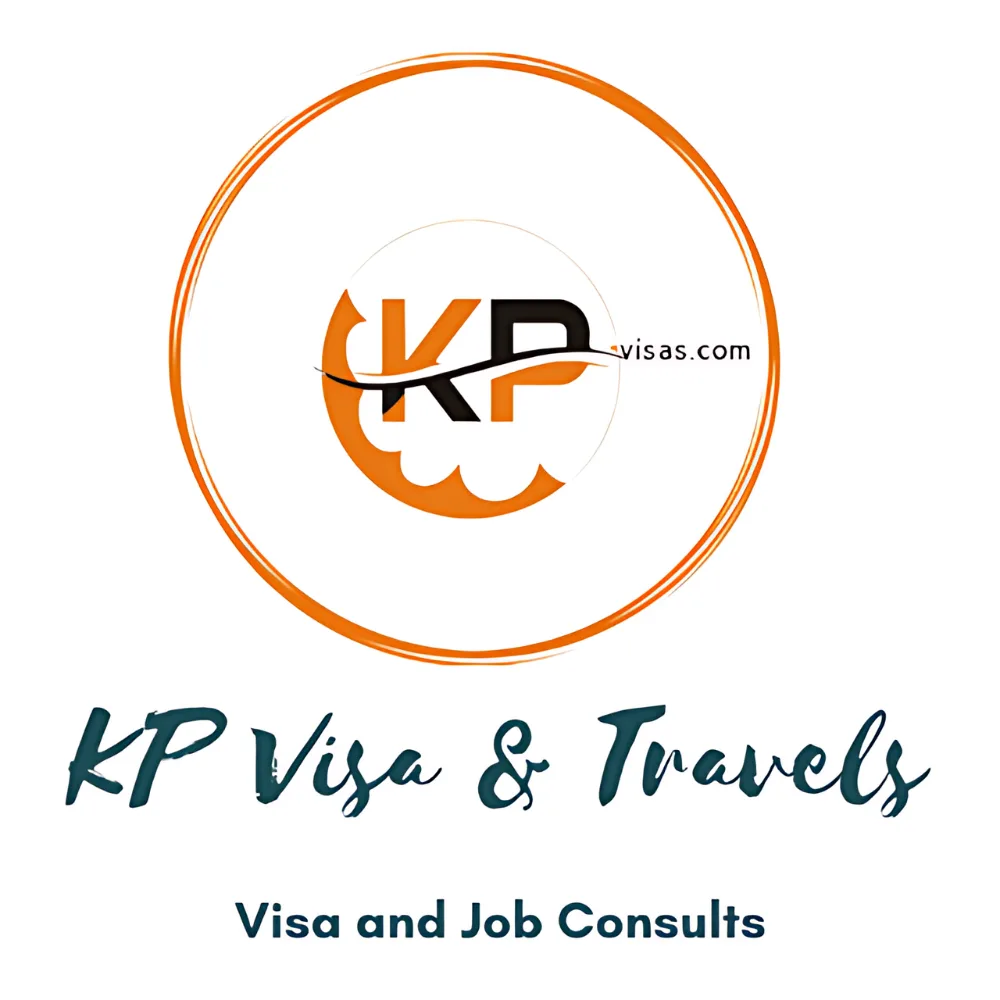
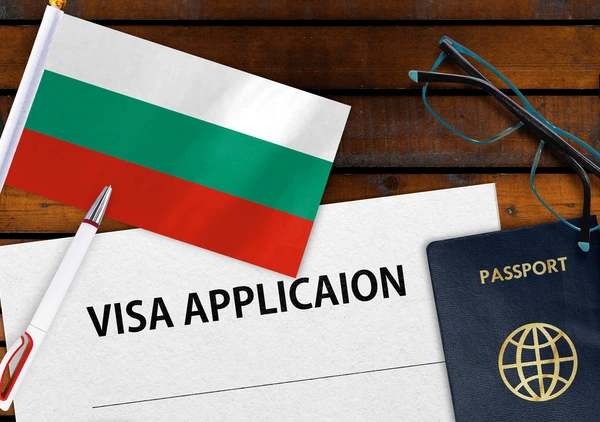

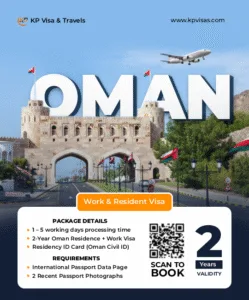
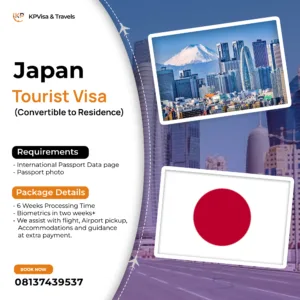
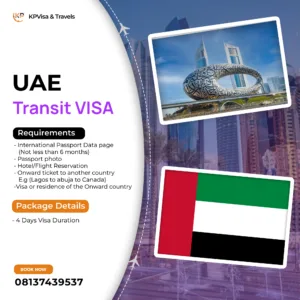
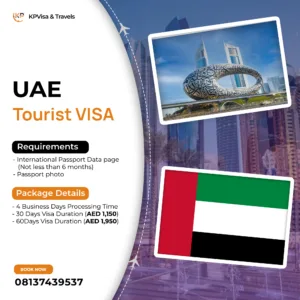
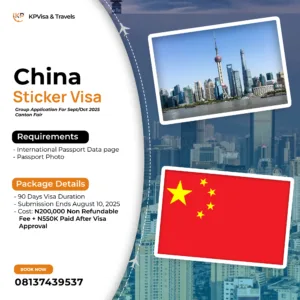
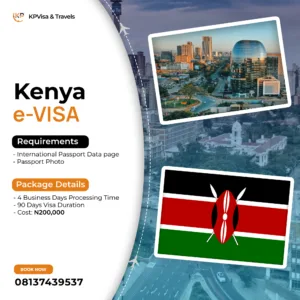
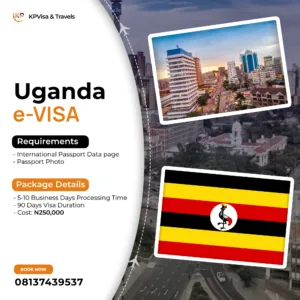
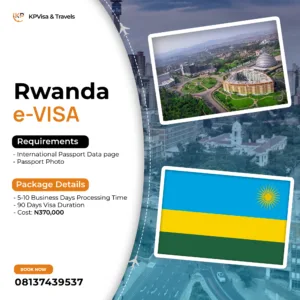
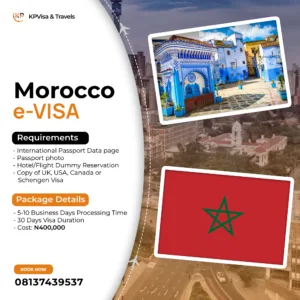
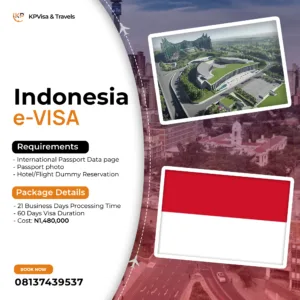
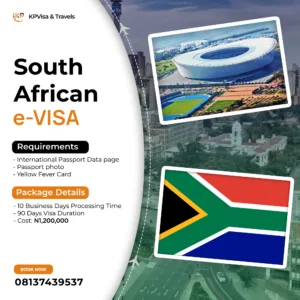
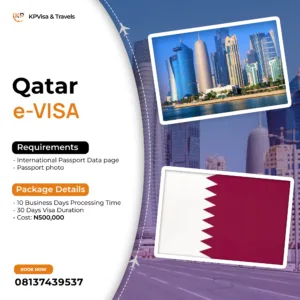




















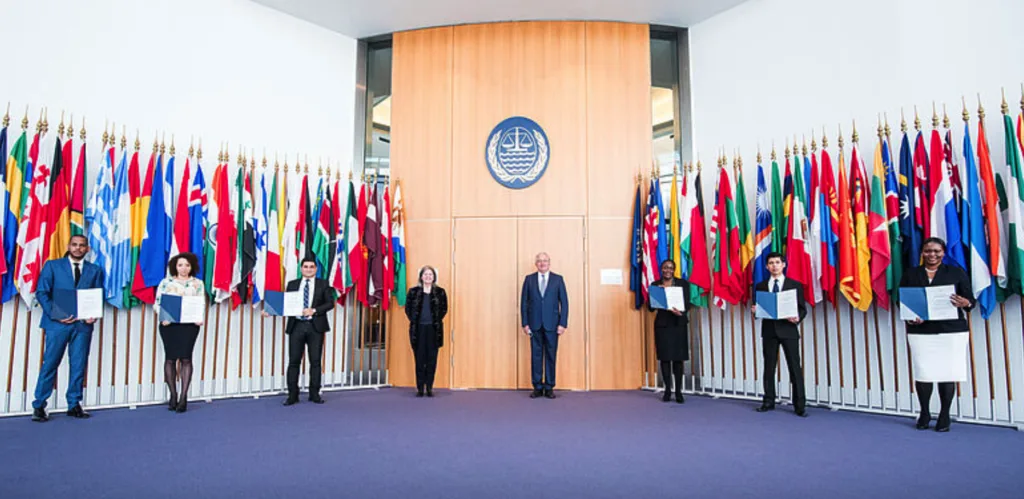

No responses yet